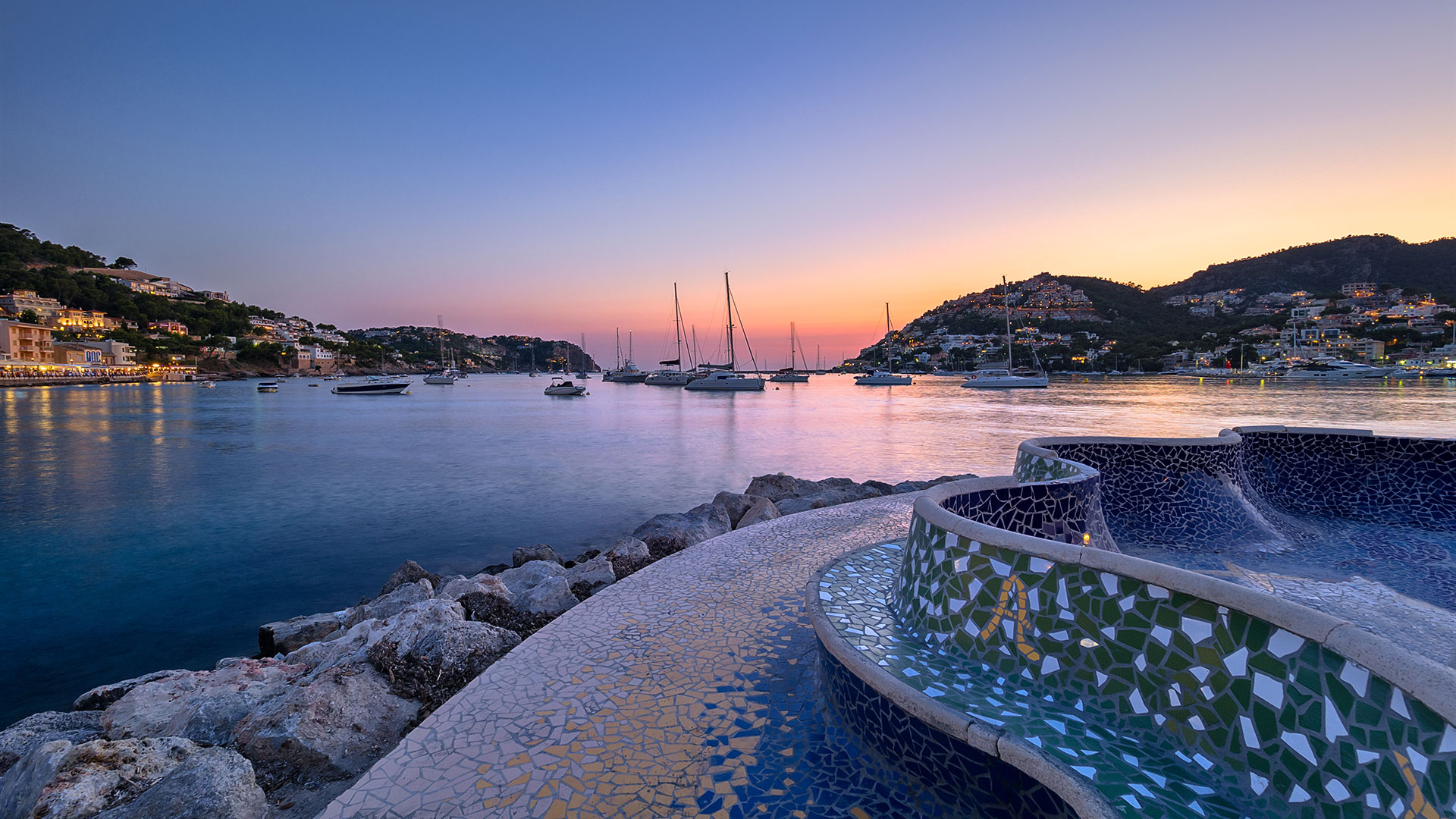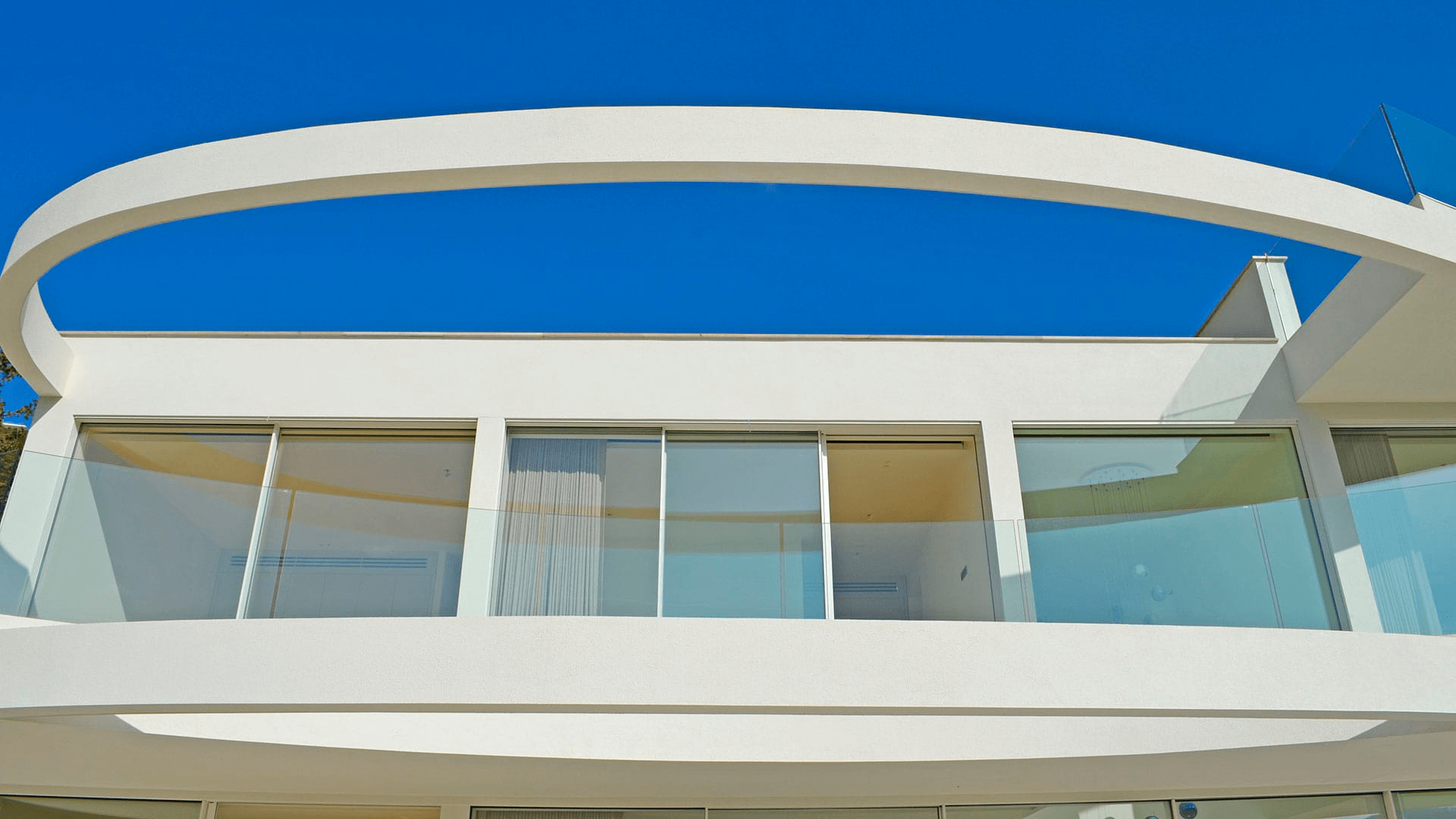

New law in Majorca: Legalisation of illegal buildings
The Balearic government has passed a new law that enables the legalisation of illegal buildings on “Fincas Rusticas”. This law, which came into force on 24.05.2024, allows illegal buildings, constructions, facilities and uses to be legalised retrospectively. The legalisation procedure is only valid for three years (from publication in the Official Law Bulletin). After this period, no more applications will be accepted and illegal buildings must be removed. Around 30,000 unauthorised buildings on Majorca are affected by this law.
The current Balearic government wants to follow on from the 2014 law, which made it possible to legalise illegal buildings. However, the law was repealed due to the change of government at the time. The new decree is primarily aimed at bringing the widespread illegal constructions on the island under control and at the same time complying with strict environmental and building regulations.
The Balearic Islands have a limitation period of eight years for penalising building offences (laid down in the “Ley de Disciplina Urbanistica”). If illegal construction work was completed more than eight years ago and no sanctions have been taken by the building authorities during this time, the property is generally protected. This means that there is no longer any threat of a demolition order.
Many owners of illegal buildings mistakenly believe that their properties are legal because they are protected. However, protection only means that these buildings are safe from demolition and regulatory measures, but not that they have been legalised. This legal protection is problematic because these buildings do not receive any certificates of habitability, do not obtain any licences for necessary renovations and are difficult to sell.
Which buildings are affected by the new decree?
The new law affects buildings, parts of buildings and facilities in rural areas that were built eight years before the decree came into force and against which no administrative measures have been taken. The extraordinary legalisation also includes a ban on using the property as a holiday accommodation. This restriction must be registered in the property register alongside the deed.
Which buildings are excluded from the new regulation?
Buildings that have serious safety deficiencies or for which legal proceedings are already in progress are excluded. Buildings that are located in protected areas or require a tourist licence cannot be legalised.
How is the procedure carried out and what documents are required?
- The procedure starts with the submission of an application for extraordinary legalisation at the town hall (ayuntamiento) in whose municipality the property is located
- The application must be submitted together with a technical project drawn up by an architect. The project must include measures to increase the energy or water efficiency of the building (e.g. replacement of installations, generation of renewable energy, etc.). The buildings concerned must comply with current construction and safety standards.
- Resolution period: The municipal council will have 6 months to process the application in the event of a negative decision, but in practice it may take longer. A “Final de obra municipal” is required to confirm the completion of the adaptation work, without which the property remains illegal.
How much does the extraordinary legalisation cost?
- Fee of the architect
- Authorisation fee
- Tax on buildings, installations and construction services (ICIO)
- Entry in the property register
- Environmental requirements (10% of the construction value in the first year; 12.5% in the second year and 15% in the third year)
Are reductions available?
For tax residents in Spain, reductions on the economic benefit are granted depending on their total tax base:
- Owners receive a reduction of 50% of the amount provided if their average tax base for the last four years for income tax does not exceed 33,000 euros if assessed individually or 52,800 euros if assessed as a couple.
- If the tax base is 52,800 euros for individual assessment or 84,480 euros for joint assessment, the amount is reduced by 25 %.
Conclusion:
The decree to legalise illegal construction on Fincas Rusticas represents a significant step by the Balearic government to tackle long-standing problems in the area of illegal construction. By combining legalisation, environmental requirements and sustainable investment, the government is creating a framework that meets both the needs of the owners and the requirements of environmental protection.

